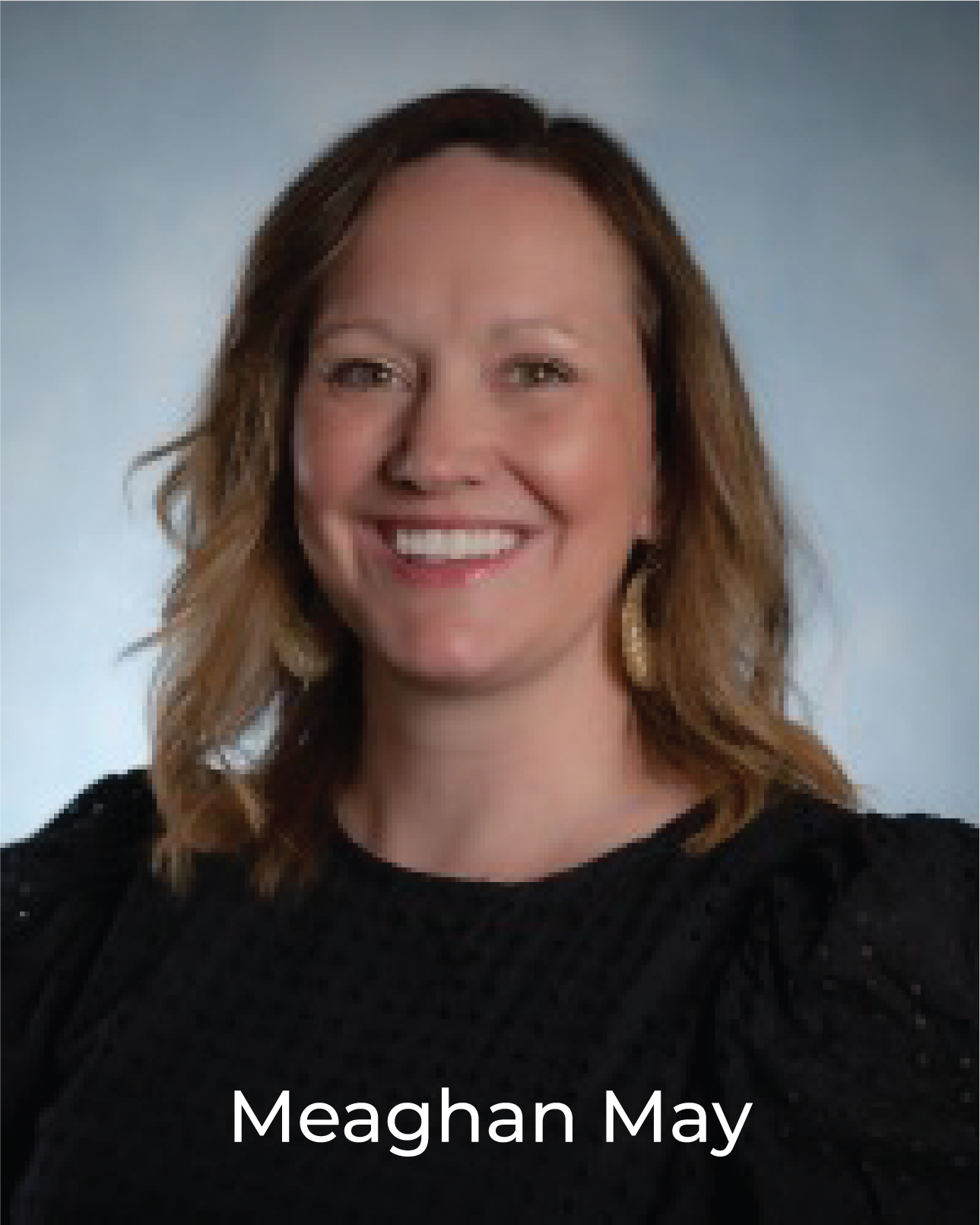Meaghan May met her husband Paul during college when both were serving as counselors at a summer camp for children with special needs. Today, they continue to spend their life in the service of others. Meaghan is the women’s ministry director at Covenant Presbyterian Church in Naples, Florida where her husband also serves on staff as discipleship pastor.
They’ve been a part of four different churches in three different states during her husband’s ministry and are preparing to plant a church. We recently sat down with Meaghan to get her perspective on the unique issues facing pastors’ wives. Here are three insights she shared:
1) The boundaries between ministry and marriage are often blurred.
As Meaghan puts it, “There’s expectations about your time that often aren’t based in reality. They often don’t realize the ways you are using your time toward ministry efforts already. Sometimes those expectations are based on the previous pastor’s wife.”
Churches have expectations of their pastor’s wife though they likely haven’t formally stated them. Whether it is volunteering for certain activities (ex: playing piano or leading VBS) or even where she sits in the church sanctuary, people have ideas of what a pastor’s wife should be doing. As a result, it can be difficult for a pastor’s wife to feel appreciated and valued like any other women in the church.
Your pastor’s wife may not be musically gifted or feel called to lead the children’s ministry. And that’s okay. That doesn’t make her husband less qualified for ministry. It simply means you will have to take the time to understand how God has uniquely gifted her to build up Christ’s body.
2) Finding friends can take place in and outside of church.
Meaghan has had friends in every church where her husband has been on staff. As she reflects, “God will give you friends in your church. Those relationships will be important but you will be limited in what you can share with them.” The friendships you make inside the church are real and valuable but you can also find friendships outside the church where you can be more open about difficulties you are facing. In our 2021 research findings, we found that the pastors’ wives who are happiest and most well-adjusted are those who have something outside the church system that they do, usually a job where they can be themselves and not the “the pastor’s wife.”
Meaghan has found it helpful to find affinity groups with other pastors’ wives. This can happen through denominational opportunities like Wives of Elders, or with women you met during your seminary years or through special conferences. Meaghan is so passionate about the importance of cohorts that she is currently leading an effort to launch cohorts for 1,800 wives of PCA elders.
It’s important that a pastor’s wife find other Christian women with whom she can share prayer and encouragement. It’s a blessing if they’re in your church but don’t feel like it’s the only place to find them.
3) Know your limits and lean on God.
Some pastors’ wives are weighed down by the expectations placed on them. Other wives view it as a challenge and perform to the expectations of others. Both paths are dangerous and destructive.
Every pastor’s wife is unique. God called Meaghan May to be Meaghan May. As she puts it, “The truth is you’re weak. You are not omni. You have to repent of trying to be everywhere and fix everything. Know your limits and lean on God.”
According to Meaghan, the goal for every Christian in the church, including the pastor’s wife, is to “be who God has made you to be.” We all fall short of God’s glory in serving others. Every pastor’s wife needs God’s strength to be made manifest in their weakness like every disciple.
 The only way to grow as a Christian is by looking to Jesus, and Meaghan believes that’s how you grow as a pastor’s wife. She says by keeping your eyes on Jesus “you will learn how to better care for others and find love to cover a multitude of sins.”
The only way to grow as a Christian is by looking to Jesus, and Meaghan believes that’s how you grow as a pastor’s wife. She says by keeping your eyes on Jesus “you will learn how to better care for others and find love to cover a multitude of sins.”
Geneva Benefits Group is thankful for the donors who support our pastors’ wives like Meaghan by providing them with confidential and professional counseling through the Relief Fund’s Cherish program. As she concludes, “Thanks to anyone who has given. It impacts real people serving on the real frontlines who need real encouragement.”
Geneva Benefits Group serves those who serve others, providing practical support for the financial, physical, and mental wellbeing of people who work in full-time ministry.